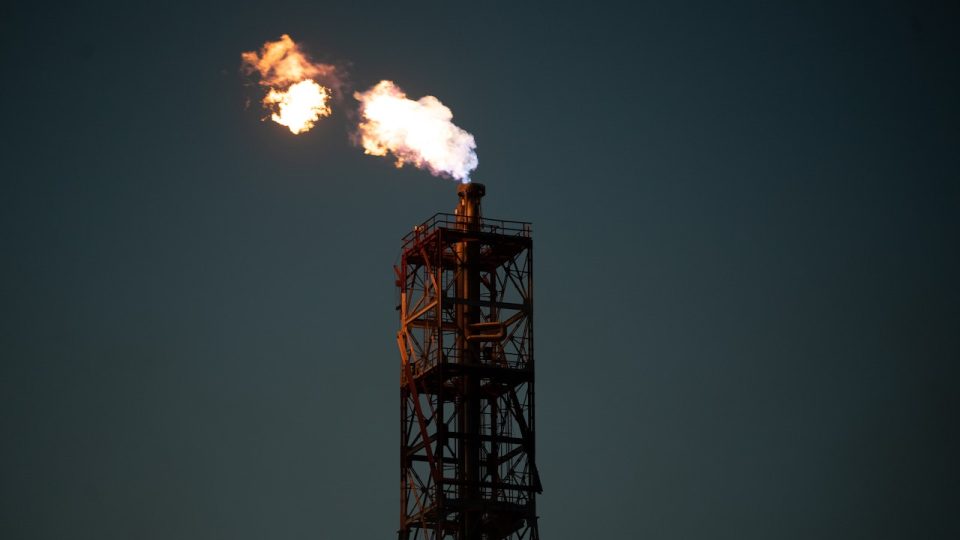In response to recent reports of reduced export figures from two major oil-producing nations, Saudi Arabia and Russia, coupled with a surge in heating oil prices, global oil prices experienced a marginal upward shift on Monday. Oil prices inched up as Brent crude, a key international benchmark, rose by 76 cents to $85.56 per barrel, while West Texas Intermediate (WTI) crude experienced an 85-cent uptick, settling at $82.10 per barrel.
While these gains offered a glimmer of optimism for the energy markets, they were insufficient to break the lingering seven-week losing streak that concluded just last week. The initial downturn in oil prices had been prompted by concerns over China’s economic growth trajectory, influenced by mounting interest rates. Though these recent price movements hint at a possible reversal, the broader implications for the oil market remain under scrutiny.
Despite the economic headwinds faced by China, the nation is currently relying on its record-high oil inventories, which were amassed earlier in the year. This strategic approach emerged as refiners adjusted their purchasing habits following supply cuts enacted by OPEC+ that drove global prices beyond the $80-per-barrel mark. The export figures for July highlight a sharp decline of 31% in Saudi Arabia’s shipments to China. Meanwhile, Russia, leveraging its discounted crude, sustained its position as China’s primary oil supplier.
Warren Patterson, the Head of Commodities Research at ING, weighed in on the situation. He noted that while the remaining months of the year may witness a tight oil balance and the weakened dollar could bolster oil purchases, there is no guarantee of a sustained upward trajectory in oil prices. John Evans, representing oil brokerage firm PVM, underscored the buoyant nature of heating oil prices but conceded the unpredictability of the oil complex in the face of prevailing macroeconomic uncertainties.
Stefano Grasso, a representative of 8VantEdge based in Singapore, emphasized the ongoing influence of the OPEC+ coalition on the oil market’s dynamics. He asserted that their dominance will continue to shape market conditions unless a recession transpires and subsequently dampens demand. The collective efforts of OPEC+ to curtail supply have potentially mitigated the impact of rising oil prices, but a veil of uncertainty remains due to the lingering concerns regarding China’s economic growth.
In conclusion, the global oil market witnessed a modest uptick in prices driven by reports of reduced oil exports from Saudi Arabia and Russia, as well as an increase in heating oil prices. Brent crude and US WTI experienced slight gains in oil prices, signaling a possible reversal from the recent seven-week losing streak. While these developments offer some relief, they are overshadowed by lingering worries about China’s economic growth amidst rising interest rates. The current situation has prompted China to rely on its previously accumulated oil inventories, aided by OPEC+ supply cuts that had elevated global prices. However, experts remain cautious about the future trajectory of oil prices, given the complex interplay of economic factors and market dynamics. The influence of OPEC+ is highlighted, with its control over the market unless a recession leads to diminished demand. As stakeholders continue to navigate these uncertainties, the energy sector remains poised for ongoing fluctuations in the weeks and months ahead.
Source: Reuters

